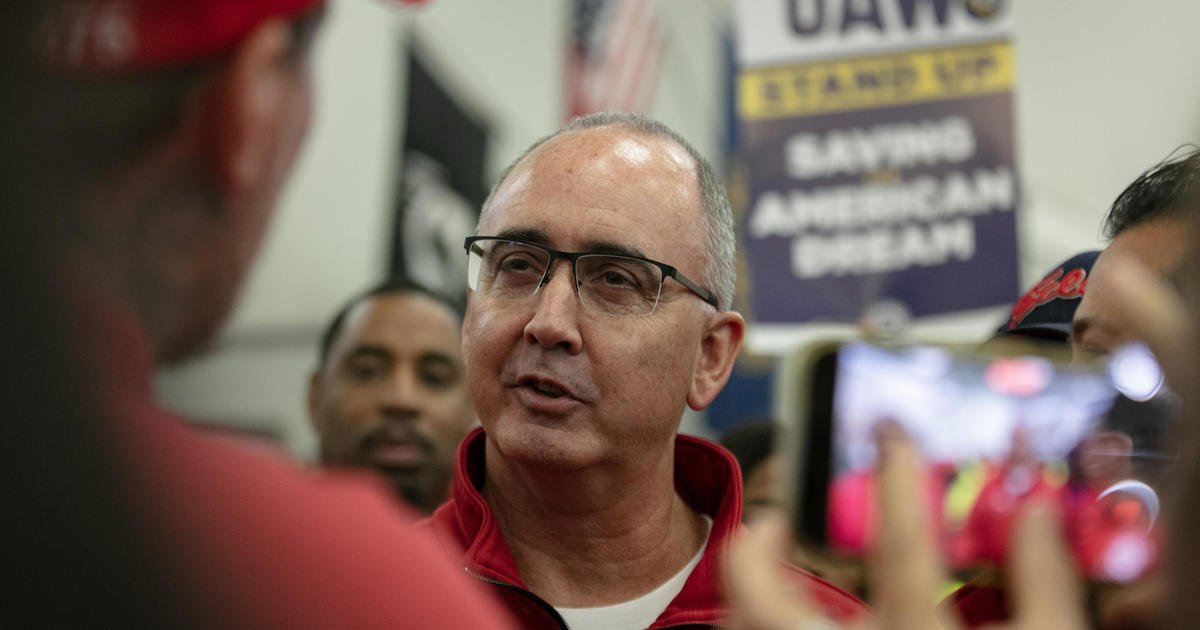Demystifying Hospice
Anne Osmer Reporting
Many of us get squeamish or scared when it comes to discussing dying. The same is true of hospice – it conjures up ideas of death that are at worst frightening, at least, unsettling. Yet hospice can be a good experience for those facing the end of life.
Hospice is care for people who are terminally ill and whose life expectancy is six months or less. That can include a specific diagnosis such as cancer, or a condition of general declination or "failure to thrive." In hospice, the patient's team of caregivers does not pursue aggressive, curative therapies but focuses on providing comfort and support as the patient lives his or her last days.
Hospice can be provided in a variety of settings: at home, in a hospice facility, nursing home, assisted living facility or in some cases, a hospital. According to Tim Adamski, marketing coordinator for Hospices of Henry Ford, 80% of hospice patients reside in their home or a family member's home. In this case, hospice comes to you, with care provided by a team of professionals in conjunction with caregivers and volunteers. The decision on where to receive hospice is usually made by the patient and doctor, often with input from family members.
Hospice can be an enormous help for patients and their families, providing round-the-clock pain and symptom management, dietary advice, access to a chaplain of the patient's religious affiliation, a social worker to help with any conflicts and end-of-life legal and financial decisions, and volunteers to provide companionship and needed respite to family caregivers.
Mary Williams, registered nurse and case manager for Focus Care Hospice in Southfield experienced hospice firsthand when her mother-in-law received a terminal diagnosis of ovarian cancer. She was given four weeks to live and moved back to Southfield from Florida to live her last days.
The hospice team made the transition for Williams and her mother-in-law easier. "Hospice was absolutely wonderful," said Williams. "I don't know if we could have made it without them." Williams transformed her living room into a comfortable living space where caregivers and family gathered to celebrate her mother-in-law's life. She lived for 18 months, and had a very full life during that time – in great part due to the care hospice she received, said Williams.
Williams and her family were initially reluctant to allow hospice care. But in the end, she said, hospice was the best choice, one that undoubtedly contributed to the longer-than-expected time left for her mother-in-law.
In Williams' subsequent work as a hospice nurse – her own experience led her to pursue employment in the field – she often encounters resistance to hospice from family members who feel they're letting their loved one down. "You're not giving up," Williams said. "You're just letting them live naturally."
And many hospice patients end up doing just that – living. While most patients admitted to hospice live an average of 21 to 28 days, many live much longer. Adamski has a favorite story of an elderly woman admitted to hospice. She was unresponsive and given six weeks to live. A year later, she was alert, eating all of her meals and wanting to leave hospice. She went to a nursing home that provided rehabilitation services, and from there went to live by herself in assisted living, where she is today. That was three years ago.
While not typical, Adamski stressed that hospice is not a death sentence. "What happens when people begin to die is an inexact science," he said. "You can't always predict what will happen." He pointed out that at any time during hospice, a patient can decide to leave the program. And, he said, you cannot be "kicked out" of hospice once you enter it. That is a decision made by the patient.
"Our goal is to make sure that you die peacefully, free of pain, hopefully surrounded by family, in a situation where you want to be," he added.
At various points during our interview he mentioned Art Buchwald, the Pulitzer Prize-winning author and columnist who, suffering from kidney failure, stopped dialysis treatments and entered a hospice facility to die. He was given three weeks to live, and famously went on to leave hospice, write a book, and finally die at home 11 months later. Buchwald left a final column in which he discussed his choice to enter hospice.
Some things to consider when choosing hospice care:
• Meet the staff, especially the nurse or nurse aide who will be seeing you or your loved one most frequently. Good rapport with your nurse is invaluable, stressed Williams.
• Make sure you're aware of what care the hospice provides, for example, how often the nurses or aides visit, and what their protocol is for middle-of-the night requests for pain management.
• Find out what kind of spiritual help is available. Do they have a priest, rabbi or other clergy they can get in touch with you, if necessary?
Additional resources for hospice:
National Hospice and Palliative Care Organization/Caring Connections
© 2010 WWJ Radio, All Rights Reserved.



